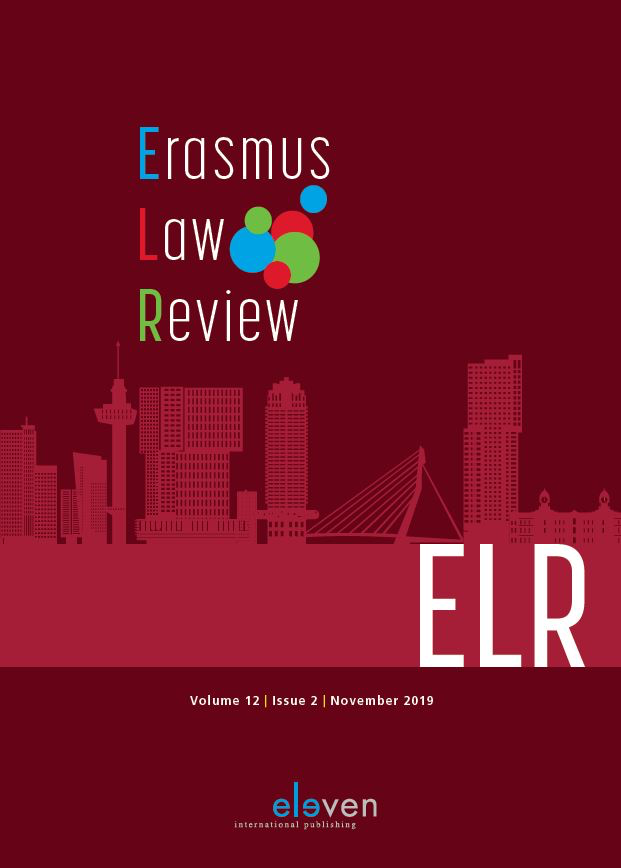|
This article adopts a psychological lens to investigate whether cognitive biases might obscure insolvency practitioners’ perceptions. Through an experimental study among members of INSOL International (N = 272), we find that insolvency practitioners’ judgments of business valuations and business valuators in an insolvency situation are affected by (1) the degree of perceived similarity with the valuator (i.e. similarity bias) and (2) the outcome of a bankruptcy deal in which a valuation is used (i.e. outcome bias), such that their judgments are more favourable in case of higher perceived similarity and in case of a positive outcome. Furthermore, we find that male insolvency practitioners have more trust in male valuators than in female valuators, suggesting that (3) gender biases play a role as well. These findings shine a light on decision-making in business rescue and bankruptcy cases and the insolvency industry in general. The findings call for further research on cognitive biases in insolvency-related matters including possible implications for policymakers. |


Erasmus Law Review
About this journalSubscribe to the email alerts for this journal here to receive notifications when a new issue is at your disposal.
| Article |
|
| Keywords | similarity bias, outcome bias, gender bias, legal psychology, business valuation |
| Authors | Marc Broekema, Niek Strohmaier, Jan Adriaanse e.a. |
| AbstractAuthor's information |
| Article |
|
| Keywords | medical dispute committees, health care incidents, professionals, healing lawyers, comprehensive law movement, complaints |
| Authors | Rachel I. Dijkstra, Nieke A. Elbers, Antony Pemberton e.a. |
| AbstractAuthor's information |
|
Medical dispute committees in the Netherlands were formalised in 2017. They offer hybrid procedures, combining complaints handling with the processing of a potential claim in cases where a complaint could not be resolved at the health care organisation. Recent scholarship has shown the experiences of complainants (patients and families) with dispute committees, but research regarding the roles and experiences of the defendants (usually representatives of health care organisations) is lacking. This research aims to understand how defendants understand and fulfil their professional roles and how this could impact the dispute committee proceedings. This research features an inductive, thematic analysis of in-depth interviews with defendants at medical dispute committees. Researchers conducted interviews with eighteen defendants at dispute committees. Defendants were generally managers and legal counsel at health care organisations. The main results include defendants who preferred problem-solving and who wanted to avoid conflict. Defendants did not have a strong adversarial mindset, but they did highlight their commitment to defend the health care professional and institution. Some respondents felt forced into a defensive position, which they reluctantly fulfilled. Our main conclusion is that dispute committee proceedings can demand defendants to take on an adversarial role, despite the best intentions of the legislator to create a less legal procedure and a problem-solving mindset among the defendants. The expectations of defendants and patients might connect better to a problem-solving, healing role of defendants and a less formal set-up. |

 Issue 2 (incomplete)
Issue 2 (incomplete)